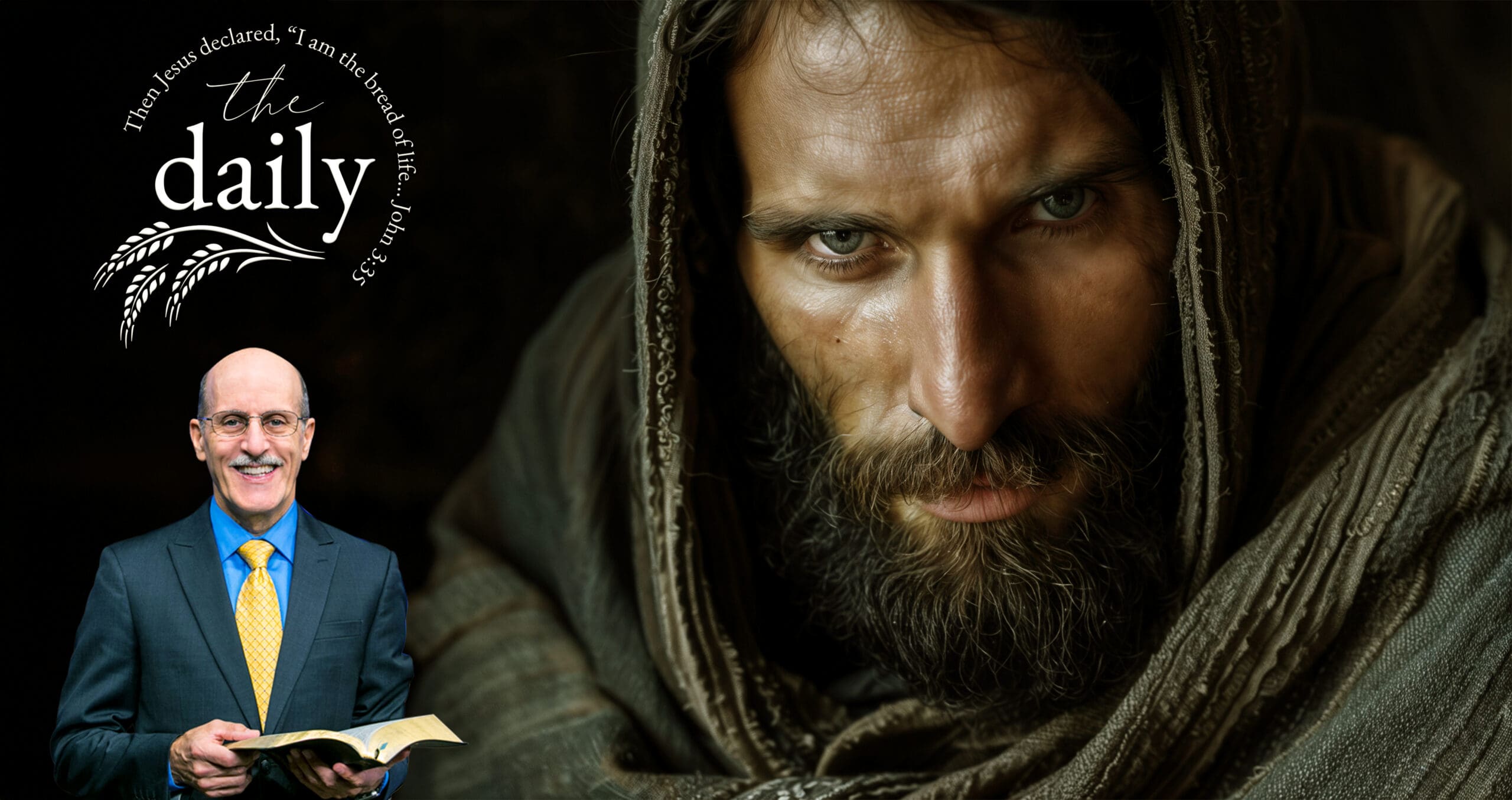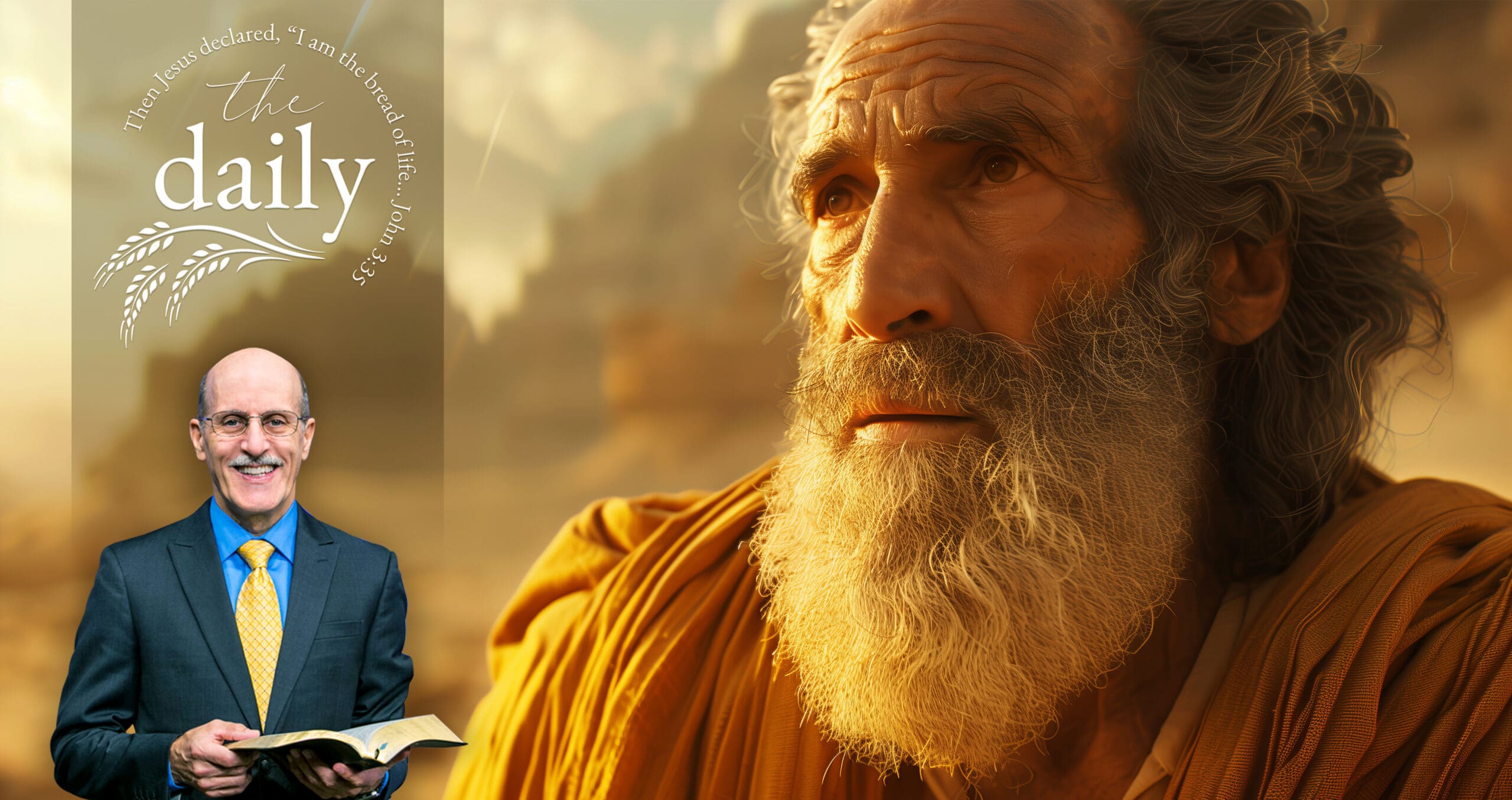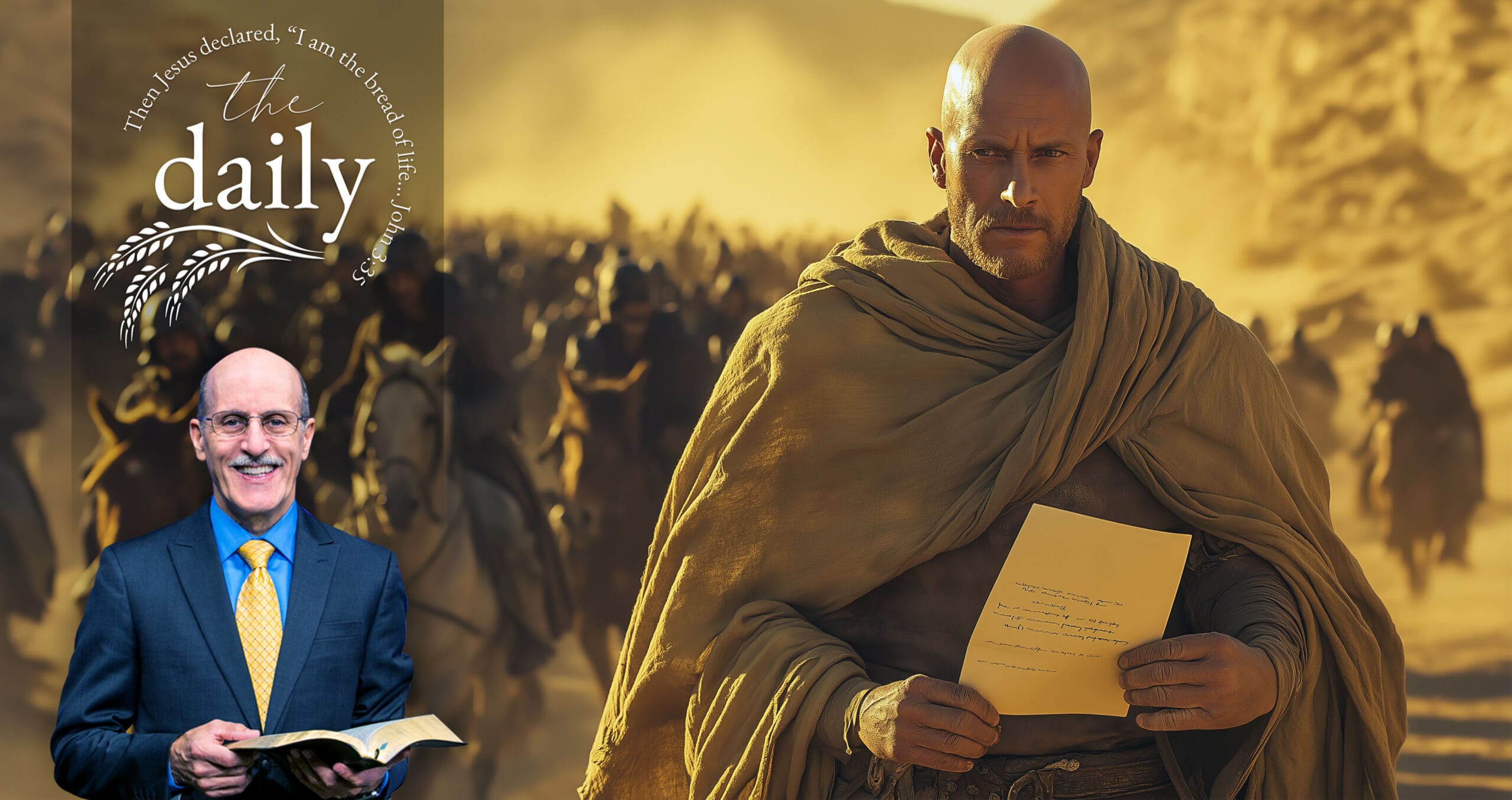Daily Devotional
Ahaziah, Son of Joram
“He did evil in the sight of the Lord, like the house of Ahab; for they were his counsellors after the death of his father, to his destruction” (2 Chronicles 22:4).
You can choose your friends, but not your family.” This popular adage is familiar and often considered humorous. Yet according to recent research, it should be expanded to, “You can choose your friends,
but not their friends.” While the influence of friends has been known for ages, especially by parents, the influence of the friend of a friend has not always been obvious.
The following scenario describes what two social scientists discovered. Imagine that Person A is friends with Person B, and Person B becomes friends with an individual who is obese, Person C. Even if Person A does not know Person C, it is 20 percent more likely that Person A will also become obese! Even if people choose their friends carefully, they are likely to also face the influence of the friend of a friend.
King Ahaziah had a major source of negative influence working against him. The record states that “his mother advised him to do wickedly” (2 Chronicles 22:3). While he was more or less, helpless with respect to his family, he had the opportunity to choose his friends. Unfortunately, Ahaziah chose to befriend Jehoram. This new friend was not only wicked, but he was also the son of Ahab and Jezebel.
Although many people cannot discern the connections of their friends, this was not the case for Ahaziah. Notorious for their wickedness, Ahab and Jezebel’s descendants had been singled out for destruction
(2 Chronicles 22:7). Sadly, this did not deter Ahaziah, and his choice of friends led to his death. Jehu, one of the commanders, was chosen by God to be king instead of Jehoram. In the process of “executing judgment” on Jehoram, Jehu also killed Ahaziah and his nephews (2 Chronicles 22:8, 9).
While the line of influence upon individuals may not always be clear, there are times when the choice is obvious. In cases where the tide of influence from family members is also working against an individual, it is even more imperative that good influences are sought out.
Father, please guide my choice of friends and how much time I spend with each one.
Daily Devotional Verses
Find Inspiration with Our Daily Christian Devotionals
Each daily Christian devotional is based on scripture, helping you connect with God’s Word in a way that’s easy to understand and apply. Whether you’re dealing with tough decisions, seeking comfort, or simply wanting to grow in your faith, these devotionals are designed for you. Alongside every reading, we’ve included daily devotional verses to dive deeper into, giving you the chance to reflect more on God’s promises.
These devotionals are great for both beginners and those who have been on their spiritual journey for years. They provide thoughtful encouragement that can be read quickly but will leave a lasting impact on your heart. With each reading, you’ll deepen your relationship with God and discover His love and guidance more clearly.
Free Daily Devotional Resources to Support Your Faith
We recognise that everyone’s spiritual path is a unique and personal journey, and sometimes we need extra resources to guide us. You can explore our free daily devotionals for ongoing support, browse through Christian books online in Australia, or consult our guide to studying the Bible to enrich your understanding and support your daily walk with Jesus.
As part of a caring and trusted Christian ministry, our mission is to provide meaningful, reliable content that helps you stay grounded in your faith. These devotionals are written with you in mind, encouraging you to see God’s hand at work in your life every day.
Start exploring our daily Christian devotionals now and discover the comfort, joy, and wisdom from spending time in God’s Word. Let His truth fill your heart today and every day. For more inspiration, don’t forget to check out our free Christian media resources available to support your faith journey.










